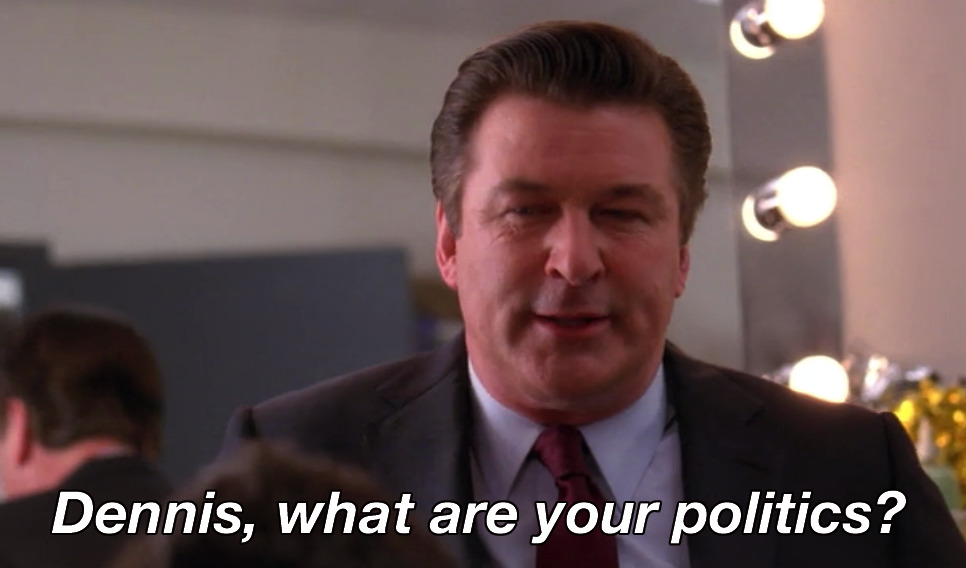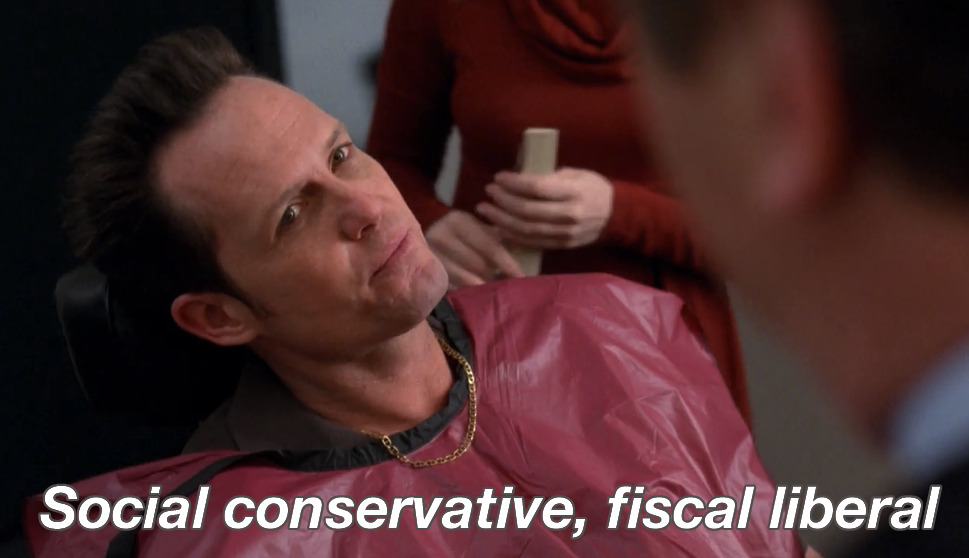It is found in the water supply, often in high levels.
It is often added to water in moderate amounts to help fight tooth decay.
https://en.wikipedia.org/wiki/Water_fluoridation
Water fluoridation is the controlled adjustment of fluoride to a public water supply to reduce tooth decay. Fluoridated water contains fluoride at a level that is effective for preventing cavities; this can occur naturally or by adding fluoride.[2] Fluoridated water operates on tooth surfaces: in the mouth, it creates low levels of fluoride in saliva, which reduces the rate at which tooth enamel demineralizes and increases the rate at which it remineralizes in the early stages of cavities.[3] Typically a fluoridated compound is added to drinking water, a process that in the U.S. costs an average of about $1.11 per person-year.[2][4] Defluoridation is needed when the naturally occurring fluoride level exceeds recommended limits. In 2011 the World Health Organization suggested a level of fluoride from 0.5 to 1.5 mg/L (milligrams per litre), depending on climate, local environment, and other sources of fluoride.In the USA, there has long been opposition to fluoridated water.
The water fluoridation controversy arises from political, moral, ethical, economic, and safety concerns regarding the water fluoridation of public water supplies.[82][106] For deprived groups in both maturing and matured countries, international and national agencies and dental associations across the world support the safety and effectiveness of water fluoridation.[3] Authorities' views on the most effective fluoride therapy for community prevention of tooth decay are mixed; some state water fluoridation is most effective, while others see no special advantage and prefer topical application strategies.[12][16]
Those opposed argue that water fluoridation has no or little cariostatic benefits, may cause serious health problems, is not effective enough to justify the costs, is pharmacologically obsolete,[2][107][108][109] and presents a moral conflict between the common good and individual rights.[110]https://en.wikipedia.org/wiki/Water_fluoridation_controversy
Without going further into the details of that controversy, a review of ideologies might explain objections to water fluoridation.
However, there is a bigger point being made in this survey of ideologies.
Distinct ideologies form alliances with other ideologies.
Over time, a coalition comprised of diverse worldviews will clump together in a fused identity that denies that internal differences exist within.
That is, political parties get amnesia about their own internal diversity.
Libertarian. Libertarians maintain that rational choice at the individual, micro level is the most effective, efficient and practical basis of all public policy. For example, fluoridation may not be so necessary in places where fluoride toothpaste is fastidiously used.
Conservatism. The conservative worldview sees society as complex, organic, slowly evolving and mysterious in its operation. For the conservative, it is wrongheaded for the government to impose its rationalist agenda on a social reality that nobody really understands. For example, historically, farmers all over the world have resisted the advice given to them by scientists who refute the superstitions and traditions that govern farm work. After all, it was know-it-all, rationalist scientists who recommended that the skeletons and brains of slaughtered cows could be dehydrated, powdered and fed to herbivorous cattle as a supplement -- a practice which led to bovine encephalitis (mad cow disease). Unlike libertarians, conservatives emphasize morality over rationality and practicality. In particular, conservatives are wary of "moral hazard" -- rewarding wrongdoing and penalizing virtue and hard work. Hence, conservatives oppose bank bailouts, amnesty for illegal immigrants, and universal ("free") health care. For conservatives, parents need to teach their kids to brush their teeth and avoid eating candy.
https://en.wikipedia.org/wiki/Moral_hazard
Romanticism. A romantic worldview is not a political ideology, yet strains of romanticism can be found throughout the ideological spectrum. In the 19th century, the backlash against the excesses of the French Revolution led to a refined articulation of the conservative worldview. Conservatives opposed the centralization of state power as the imposition of artificial, mechanical structures on a complex, living organic whole (community, culture). Romanticism weaponizes this worldview and advocates the overthrow of repressive structures. Romanticism, in fact, calls for liberation from all structures, even the traditional structures that conservatives seek to preserve. Romantics rebel against moral restrictions imposed on the emotions, against the persecution by society of the free individual, and against the colonization of indigenous peoples -- in particular, against the conquest of Europe by the Muslim Turks. Ironically, romantics tend to be upper-middle class and/or over-educated -- the classic "tenured radical". On the one hand, their radicalism is informed by their lack of common sense and real-world experience. On the other hand, they are also driven by semi-conscious feelings of guilt over their semi-privileged background. They are neither the "haves" nor the impoverished "have-nots", but rather "semi-haves" raised in prosperity and later marginalized. Likewise, racially, they are not mainline white Protestants, but neither are they the black underclass. Rather, they are so often ethnically "in between" -- Asian Americans, Jews, Catholics or mixed race. In the USA, young, over-educated, urban "socialists" are not really socialists or populists, but rather romantics who would rebel against socialism and (rural) populism if they actually lived within the confines of a socialist economy or a (small-town) populist community. For romantics, fluoridation of the water supply, like GMOs, represents a corporate-state conspiracy against what is natural.
https://www.nytimes.com/2020/02/29/us/politics/bernie-sanders-chapo-trap-house.html

Populism. Populists are egalitarians and localists who despise control of society by distant, out-of-touch elites. They tend to live in rural areas. In the USA, they used to be Democrats. Unlike libertarians, who share their localism, they are not rationalists. For example, populists hate elites, they hate change ("neophobia"), and they hate outsiders (xenophobia) -- but what they hate most of all is education. Unlike conservatives, who share with populists a distrust of change and of "big government", populists do not have a problem with moral hazard. For example, populists do not have any problem at all with "free" universal health care. They do have a big problem when health care coverage is mandatory and they are forced to sign up for it (e.g., as with the Affordable Care Act, or "Obamacare"). In general, populists don't care about fluoridation of the water supply because they don't even know what fluoride is. In fact, they might support it if it means that they can land a job with the government. But if libertarians, conservatives and/or romantics make an issue over fluoridation, populists just might join in the opposition against "all these things being crammed down our throats nowadays by those elites in Washington".
All four of these ideologies can now be found in the Republican Party.
Libertarians and conservatives have long been pillars of the Republican Party.
This alliance is unique in some respects, although Americans so often equate libertarians and conservatives.
In contrast to this very American fusion of libertarianism and conservatism, in the rest of the world the dominant form of conservatism has long been Christian Democracy.
In American terms, Christian Democrats can be understood as socially and culturally conservative, yet fiscally liberal.
https://en.wikipedia.org/wiki/Christian_democracy
In practice, Christian democracy is often considered centre-right on cultural, social and moral issues, and is a supporter of social conservatism, but it is considered centre-left "with respect to economic and labor issues, civil rights, and foreign policy" as well as the environment.Angela Merkel of Germany is a Christian Democrat, although she advertises herself as progressive.
In fact, it could be argued that Barack Obama is similar to Merkel in this respect -- a cultural conservative who hides it brilliantly.
The Conservative Party of the UK are akin to Christian Democrats.
In this light, Margaret Thatcher was an outsider, an American-style libertarian-conservative hybrid.
Indeed, perhaps Ronald Reagan might have been the converse of Barack Obama -- a libertarian who hid it brilliantly.
The neoconservative movement had a strong romantic strain.
They were typically over-educated Jews and Catholics who were once leftists (liberals, socialists, communists).
Now the Republican Party is overrun with populists.
This four-part coalition -- libertarians, conservatives, romantics, populists -- keeps the Republicans in power.
But it doesn't make them happy with each other.
When Nixon began to woo northern Catholics and white Southerners into joining the Republican Party during the 1970s, he was opening the door to populists.
Interestingly, populists share a general political orientation with the Christian Democrats -- socially conservative, fiscally liberal.
["30 Rock", "Subway Hero" episode, Dennis Duffy explains his politics to CEO Jack Donaghy]


